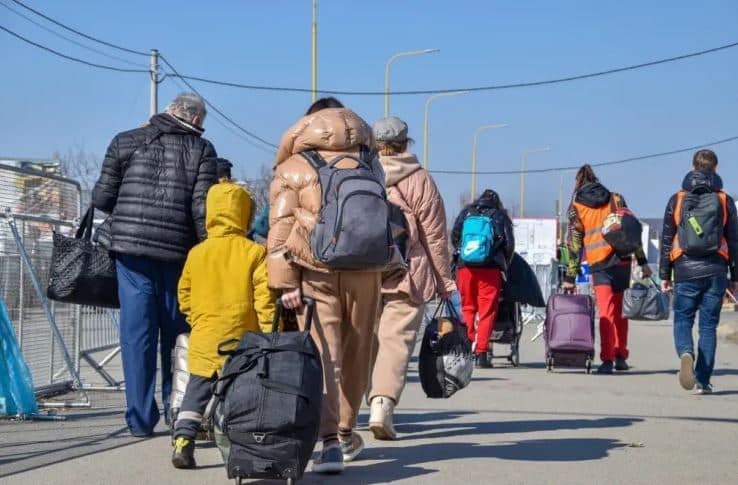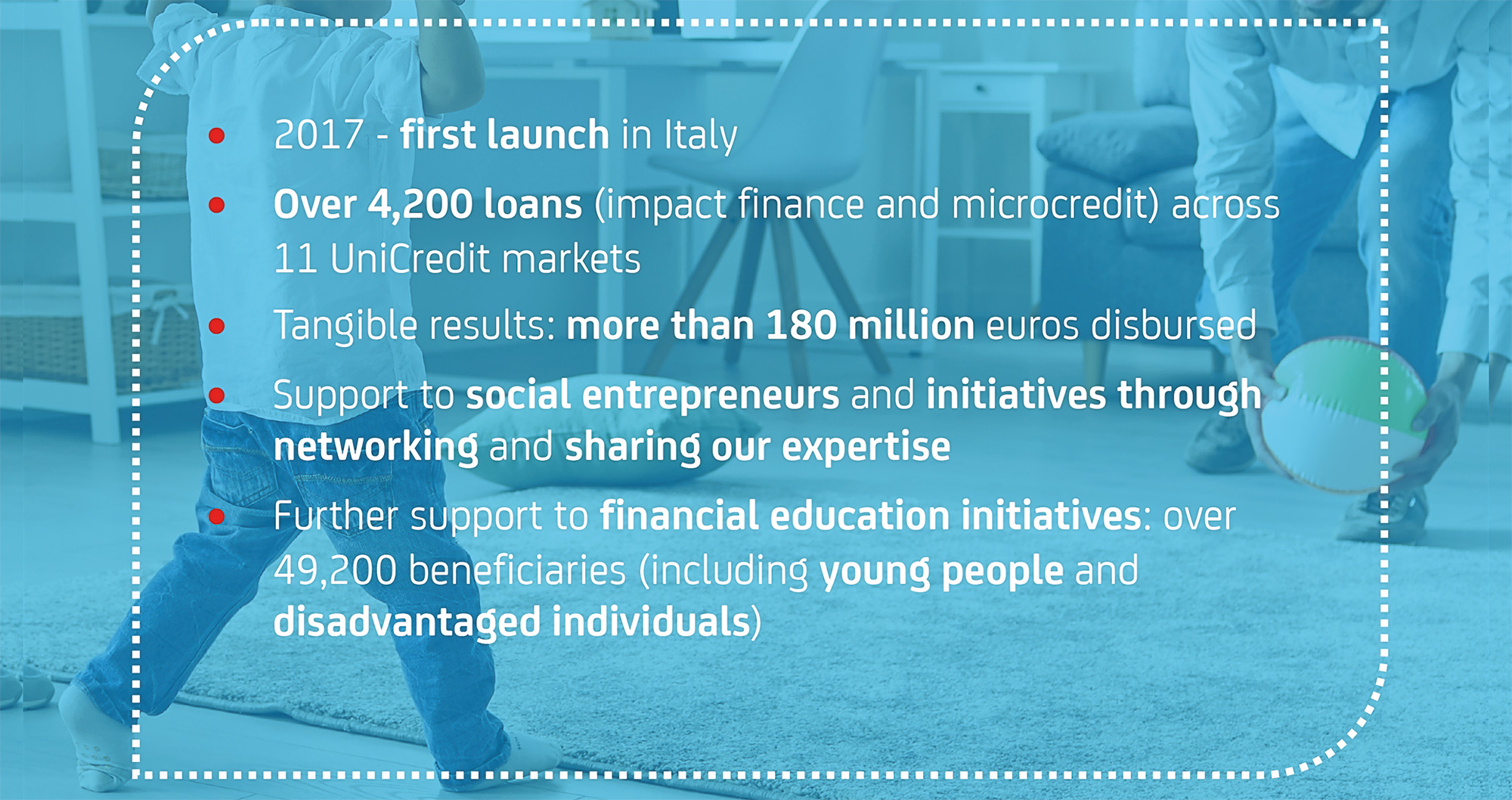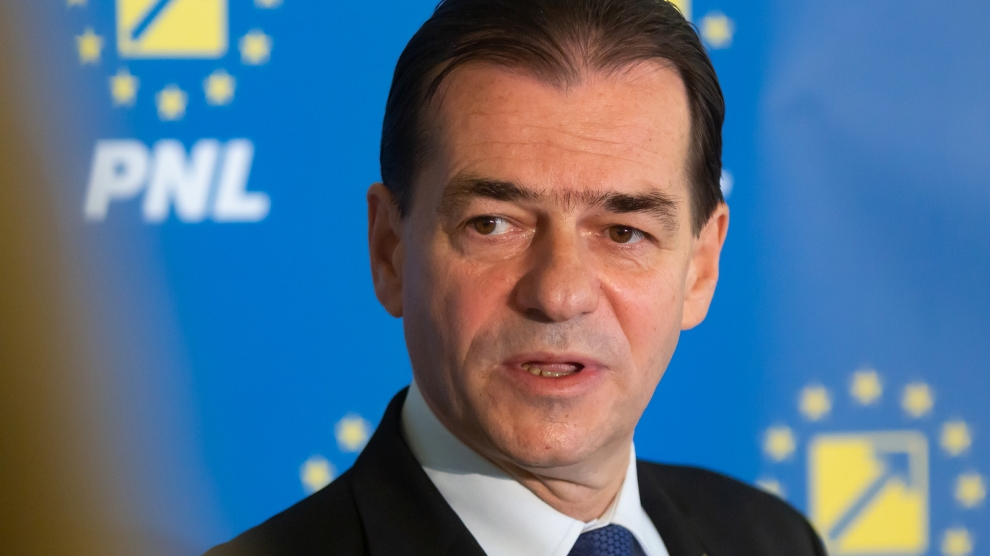[vc_row][vc_column width=”1/2″][vc_column_text]
Romania
The light green area is the rest of the European Union
Romania was the 46th largest economy in the world by nominal GDP in 2018. Its GDP per capita was $12,301 USD. It is a regional leader in fields such as IT and motor vehicle production. It was ranked 31st in the Economic Complexity Index in 2017. It is a member of the EU. Services was the largest economic sector in 2018 (57 percent of GDP), followed by manufacturing (20.1 percent), and agriculture (4.3 percent). In 2017, the largest export sectors were services (24.6 percent), electronics (13.63 percent), vehicles (13.62), machinery (10.5 percent), and agriculture (10.1 percent). The largest individual exports were ICT services (14.2 percent), parts of motor vehicles (7.5 percent), insulated electronic wire (4.5 percent), and cars (4.12 percent). Its largest export partners were Germany (22.4 percent), Italy (9.8 percent), France (6.2 percent), and Hungary (4.37 percent). The largest goods imports were parts of motor vehicles (4.65 percent), crude oil (3.4 percent), cars (2.97 percent), and packaged medicaments (2.6 percent). After World War Two, Romania fell under Soviet control and the economy transitioned to a centrally planned economy with collectivisation of agriculture and the development of heavy industry. Nicoale Ceausescu came to power in 1965. He reduced the level of decentralisation and introduced a policy of using western technology to produce exports for less developed countries. He was also responsible for turning Romania into a police state. By the 1980s, Romania had high public debt after borrowing from the West in the 1970s. The debt was serviced by switching domestic production to exports resulting in shortages and a general decrease in the standard of living. Following the end of communist rule in 1989, reforms and growth were slow. In the 2000s, reforms related to the EU accession process spurred growth by increasing FDI and productivity. Accession in 2007 led to increased exports. Romania was hit hard by the global financial crisis and turned to the EU and IMF for a bailout followed by a standby facility which ended in 2015. Growth rebounded after 2013, driven by strong industrial exports, excellent agricultural harvests, and, more recently, expansionary fiscal policies. The IT sector has also showed impressive growth. Further growth can be unlocked through better fiscal discipline, improving infrastructure, and continuing the fight against corruption.
[/vc_column_text][vc_column_text] Its population in 2018 was 19,580,634 [1]
Its population in 2018 was 19,580,634 [1]
 In 2015, 23.70% of its total energy
In 2015, 23.70% of its total energy
consumption was renewable [2]
 In 2021, its GDP grew by 5.88% [2]
In 2021, its GDP grew by 5.88% [2]
 In 2021 it had a negative Current
In 2021 it had a negative Current
Account Balance of US$bn 20.06 [3]
 Its unemployment rate in 2021 was 5.30% [3]
Its unemployment rate in 2021 was 5.30% [3]
 Its Expenditure on R&D (as a percentage of
Its Expenditure on R&D (as a percentage of
GDP) in 2020 was 0.47% [2]
 A Big Mac will set you back the
A Big Mac will set you back the
local equivalent of US$2.29 [4]
What free trade areas or economic unions is it a member of?
Member of the European Union (EU) since 01/01/2007
Other members:
Austria, Belgium, Bulgaria, Croatia, Cyprus, Czechia, Denmark, Estonia, Finland, France, Germany, Greece, Hungary, Ireland, Italy, Latvia, Lithuania, Luxembourg, Malta, Netherlands, Poland, Portugal, Slovakia, Slovenia, Spain, Sweden
What trade deals are there between European Union and other countries and economic unions?
EU - Andorra Customs Union (from 01/01/1991)
European Single Market (SM) (from 01/01/1993)
EU - Sri-Lanka Co-operation and Partnership Agreement (from 01/04/1995)
EU - Türkiye Customs Union (from 31/12/1995)
EU - Faroe Islands Agreement (from 01/01/1997)
EU - Palestinian Authority Interim Association Agreement (from 01/07/1997)
EU - Tunisia Association Agreement (from 01/03/1998)
EU - Armenia Partnership and Cooperation Agreement (from 09/09/1999)
EU - Morocco Association Agreement (from 01/03/2000)
EU - Israel Association Agreement (from 01/06/2000)
EU - Mexico Global Agreement (from 01/10/2000)
EU - San Marino Customs Union (from 01/04/2002)
EU - Jordan Association Agreement (from 01/05/2002)
EU - North Macedonia Stabilisation and Association Agreement (from 01/04/2004)
EU - Pakistan Co-operation agreement (from 29/04/2004)
EU - Egypt Association Agreement (from 01/06/2004)
EU - Chile Association Agreement and Additional Protocol (from 01/03/2005)
EU - Algeria Association Agreement (from 01/09/2005)
EU - Lebanon Association Agreement (from 01/04/2006)
EU - Albania Stabilisation and Association Agreement (from 01/04/2009)
EU - Pacific States Interim EPA (from 20/12/2009)
EU - Montenegro Stabilisation and Association Agreement (from 01/05/2010)
EU - Central America Association Agreement (from 01/08/2013)
EU - Serbia Stabilisation and Association Agreement (from 01/09/2013)
EU - Bosnia and Herzegovina Stabilisation and Association Agreement (from 01/06/2015)
EU - South Korea Free Trade Agreement (from 01/07/2015)
EU - Kosovo Stabilisation and Association Agreement (from 01/04/2016)
EU - Georgia Association Agreement (from 01/07/2016)
EU - Moldova Association Agreement (from 01/07/2016)
EU - Canada Comprehensive Economic and Trade Agreement (CETA) (from 21/09/2017)
EU - Eswatini (SADC) Economic Partnership Agreement (from 05/02/2018)
EU - Lesotho (SADC) Economic Partnership Agreement (from 05/02/2018)
EU - Mozambique (SADC) Economic Partnership Agreement (from 05/02/2018)
EU - Namibia (SADC) Economic Partnership Agreement (from 05/02/2018)
EU - South Africa Economic Partnership Agreement (from 05/02/2018)
EU - Botswana (SADC) Economic Partnership Agreement (from 05/02/2018)
EU - Japan Economic Partnership Agreement (from 01/02/2019)
EU - Eastern and Southern Africa States free trade agreement (from 07/02/2019)
UK - EU Trade Deal (from 01/01/2021)
Member of the Organization of the Black Sea Economic Cooperation (BSEC) since 05/06/1998
Other members:
Albania, Armenia, Azerbaijan, Bulgaria, Georgia, Greece, Republic of Moldova, Russian Federation, Serbia, Türkiye, Ukraine
What trade deals are there between Organization of the Black Sea Economic Cooperation and other countries and economic unions?
None
[/vc_column_text][vc_column_text]What trade deals are there with other countries and economic unions?
None
[/vc_column_text][/vc_column][vc_column width=”1/2″][vc_column_text]IFC: Ukrainian Refugees Access Finance via New Digital Data Corridors
UniCredit: Driving Social Change Through Banking
Orban on Orbán: Cease and Desist, Your Position Is Untenable
Germany: Immigrant Workers Benefit Economy
World Bank Group: Create Jobs by Focusing Industries to be Competitive
Trade with the United Kingdom
Source: UK Office for National Statistics, October 2022.
Contains public sector information licensed under the Open Government Licence v3.0.
Loading, Please Wait!
This may take a second or two.




















































































